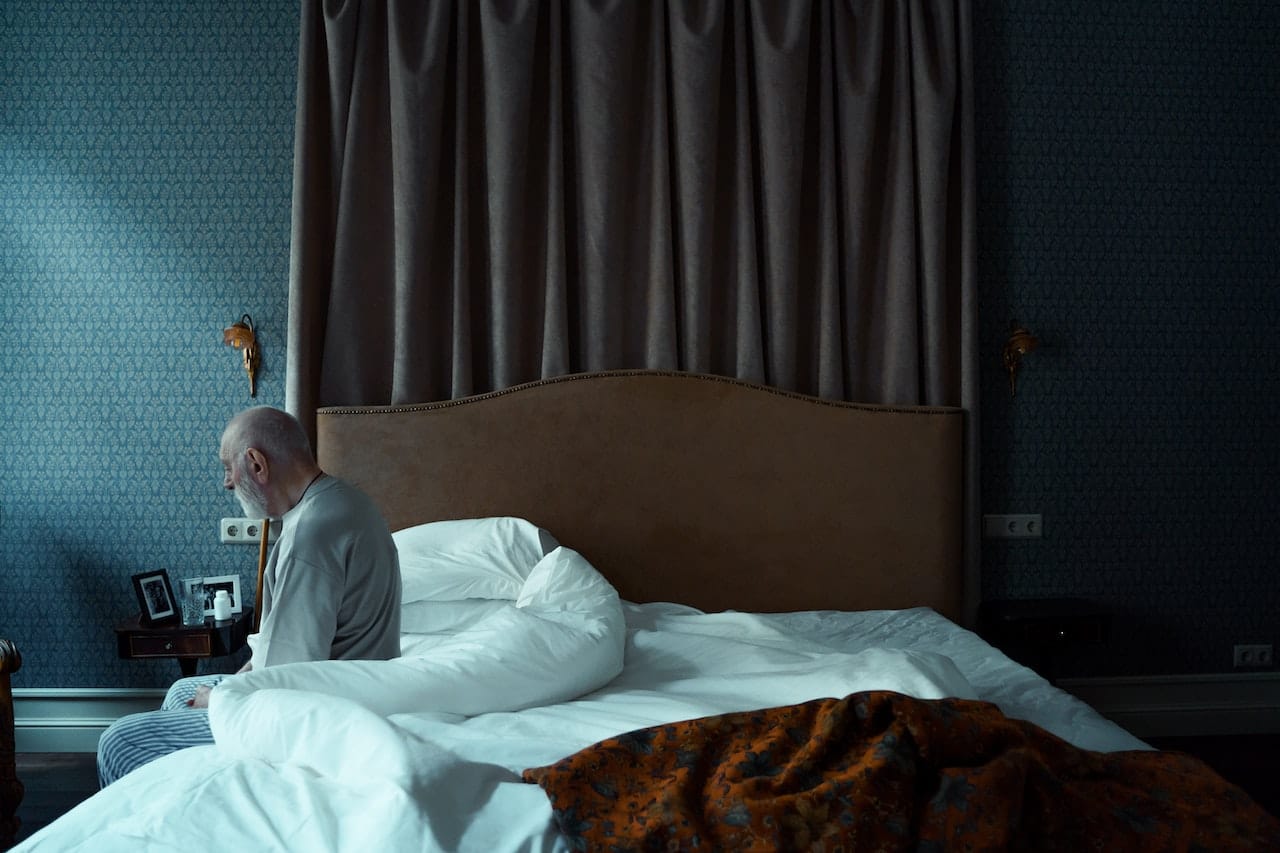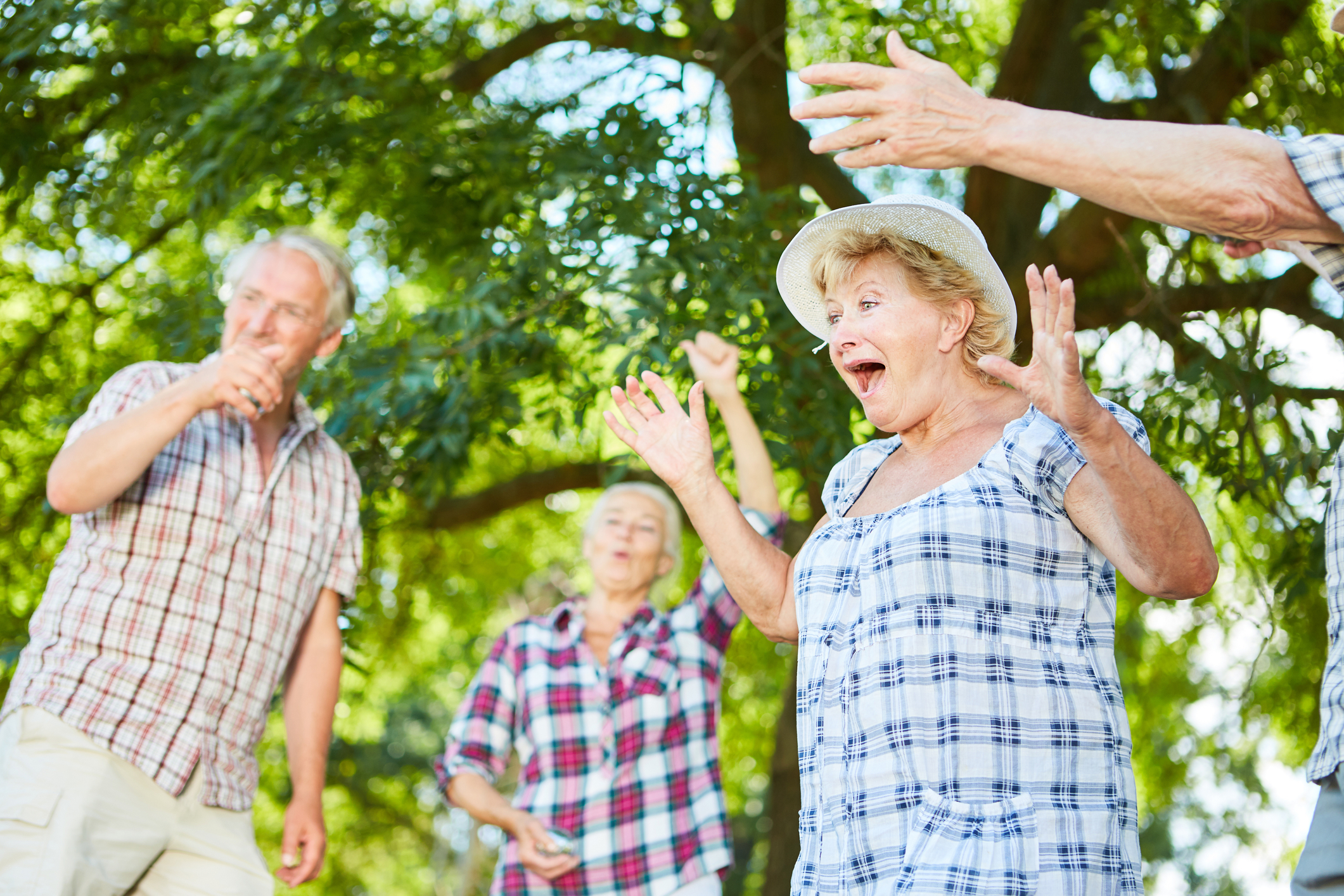Spotting Depression in Older Adults (and How to Help)

If you or a loved one is experiencing a mental health emergency, know that help is available FOR FREE, 24/7. Contact the 988 Suicide and Crisis Lifeline. You can call over the phone by dialing 988 or you can speak with someone online by clicking this link. This resource is available courtesy SAMHSA (Substance Abuse and Mental Health Services Administration) and is available in both English and Spanish.
According to international research, roughly a third of older adults experience depression, making this mental illness a serious health concern for people with aging loved ones. The best way to help a loved one with depression in old age is learning its signs, causes, and how to work with your loved one to create an effective treatment plan.
What are the Symptoms of Depression in Older Adults?
New medical conditions can develop as we age, but mental health problems like severe depression are not normal parts of the aging process. Abrupt, severe changes in someone's mental health signal a need for professional help.
The first step to getting help is recognizing the signs of poor mental health in the first place.
Concerned family members should know that signs of depression in seniors may look a little different than in other age groups, and can include symptoms such as:
- Feelings of sadness and worthlessness
- Feelings of emptiness and despair
- Social isolation
- Irritability and agitation
- Fatigue or lack of energy
- Changes in appetite or weight
- Sleeping too much or too little
- Talking at a slower pace than usual
- Cognitive decline or difficulties staying focused
What are the Causes and Risk Factors for Depression in Older Adults?
The causes of depression for older people can look different than they do for younger people. Some of the causes and risk factors for geriatric clinical depression include:
- Diagnosis of a serious health condition or chronic illness like Alzheimer's disease
- Personal and/or family history of major depressive disorder or other mental disorders like bipolar depression
- Medication side effects
- Later life changes, such as a decline in physical health
- Major life events, such as loss of a spouse
- Hearing loss
- Sleep issues, which become increasingly common with age
- Caregiver stress
How Can You Help the Older Adults in Your Life?
Treatment of depression in older adults is a team effort. Your loved one, their health care providers, their caregivers, and you will all have to work together to craft the best treatment plan possible. Mental health care will look different for each individual, because the cause of each individual's mental health concerns are different.
Interventions and treatment options you and your loved one can explore include:
- Receiving talk therapy/psychotherapy to work through emotional and mental stressors
- Getting new treatment for physical illnesses or adjusting current treatment to reduce the risk of unwanted medication side effects or interactions
- Taking antidepressants that can help increase levels of serotonin in the body
- Engaging in physical activity that can boost the levels of endorphins in the body
- Moving into a senior living community to reduce social isolation
Finding Hope at St. Andrew's
We are fully committed to improving the quality of life for everyone who enters our senior living communities; that means that the physical, spiritual, and mental well-being of all residents is our focus. We offer a robust array of amenities and services to help each individual achieve their goals and live each day with grace and dignity.
Contact us today to learn more about how we care for aging adults living with mental illnesses and find a senior living community in the St. Andrew's network near you.







